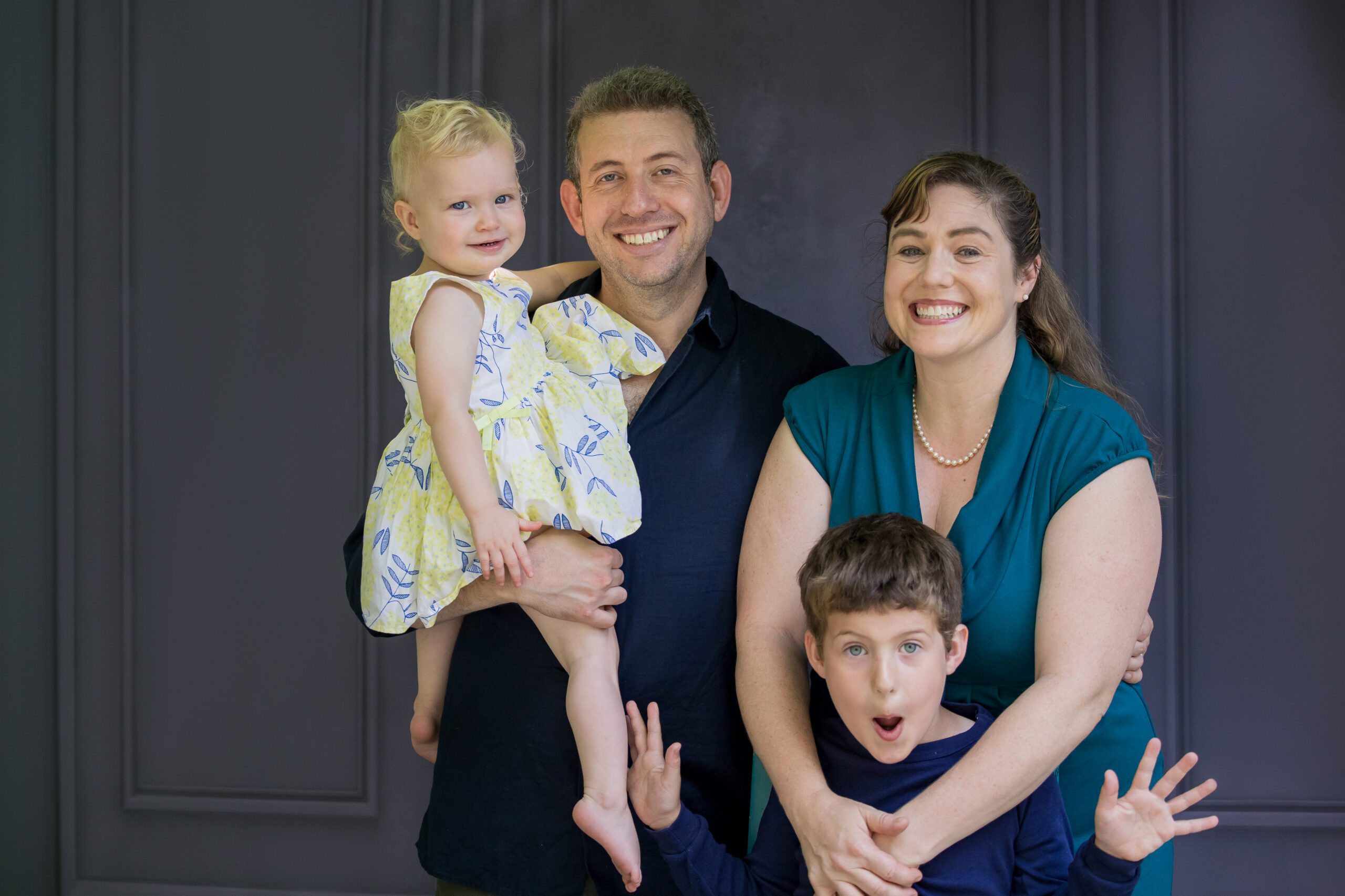
July 27, 2023
Teenage Sleep: Why Do They Need So Much?
As a senior portrait photographer in Takoma Park, Maryland, I spend a lot of time with teenagers and their families. I’ve heard parents grumble about their teens sleeping in late and “wasting the day away.” But what if I told you that teenagers genuinely need more sleep than adults? In this blog post, I’ll delve into the science behind teenage sleep and why it’s crucial for parents to comprehend their kids’ sleep habits.
Understanding the Science of Teenage Sleep
It’s a fact: teenagers need more sleep than adults. The National Sleep Foundation states that teens require between 8 and 10 hours of sleep per night. But why do they need so much shuteye?
There’s a scientific explanation for teenagers’ seemingly endless slumber. During adolescence, various biological shifts occur, affecting sleep patterns and requirements. To ensure teenagers receive the proper amount of sleep necessary for their overall health and well-being, it’s essential to understand these changes.
Factors Contributing to Teenagers’ Sleep Needs
Changes in the Circadian Rhythm: Teenagers’ infamous inclination to sleep in late and struggle with waking up early stems from shifts in their circadian rhythm. This internal clock regulates sleep-wake cycles and other daily bodily processes. During puberty, teenagers experience a natural shift in their circadian rhythm, causing them to feel sleepy later in the evening and wake up later in the morning. This “phase delay” can result in a preference for staying up late and sleeping in.
Increase in Sleep Needs: Teenagers may need more sleep because their bodies and brains are undergoing significant growth and development. Rapid physical growth, cognitive development, and hormonal changes can all increase the need for sleep. The National Sleep Foundation recommends that teenagers get 8-10 hours of sleep per night to adequately support their growth and development.
Impact of External Factors: School schedules and social activities can also contribute to teenagers’ sleep patterns and requirements. Early school start times can make it difficult for teenagers to obtain the recommended amount of sleep, given their naturally delayed circadian rhythm. Additionally, social pressures, extracurricular activities, and electronic device usage can lead to later bedtimes, further reducing the amount of sleep that teenagers get.
The Consequences of Sleep Deprivation
When teenagers don’t get enough sleep, the consequences can be severe. Sleep deprivation can lead to impaired cognitive function, poor academic performance, mood swings, and an increased risk of mental health issues, such as anxiety and depression. Additionally, insufficient sleep can contribute to physical health problems, including a weakened immune system, increased risk of obesity, and long-term issues like heart disease and diabetes.
Some repercussions of sleep deprivation in teenagers include:
- Academic problems: Sleep-deprived teenagers struggle with concentration, memory retention, and staying alert in class.
- Behavioral problems: Irritability, moodiness, and impulsiveness are more prevalent in sleep-deprived teenagers. They may also be more prone to taking risks, such as driving under the influence or engaging in risky sexual behavior.
- Physical problems: Lack of sleep weakens the immune system, making teenagers more susceptible to illness. It can also lead to weight gain, high blood pressure, and other health issues.
How Parents Can Help
Parents can support their teenagers’ sleep needs by:
- Encouraging a consistent sleep schedule: Help your teen establish a regular sleep schedule with a set bedtime and wake-up time. This can help regulate their circadian rhythm and make it easier for them to fall asleep at night.
- Creating a sleep-friendly environment: Ensure your teen’s bedroom is dark, quiet, and cool. Avoid screens before bedtime, as the blue light can interfere with melatonin production.
- Limiting caffeine and sugar: Encourage your teen to limit their intake of caffeine and sugar, especially in the hours leading up to bedtime. Both can interfere with sleep quality.
So, there you have it – the science behind teenage sleep and why it’s essential for parents to understand their sleep habits. As a senior portrait photographer, I know how important it is for teenagers to be well-rested and ready to take on the world. So, if your teen wants to sleep in on the weekends, don’t be too hard on them – they’re just doing what their bodies need. And we certainly want them well-rested and in a good mood for their momentous senior portraits!If you’re looking to document your teen’s senior year, I’d love to help! My portrait sessions are not only about taking gorgeous photos but also about having a fun and enjoyable experience. Contact me today to book your teen’s senior portrait session in the Washington, DC, and Maryland areas, and let’s capture these senior year memories together! You can also read more tips for parents with teens here!



